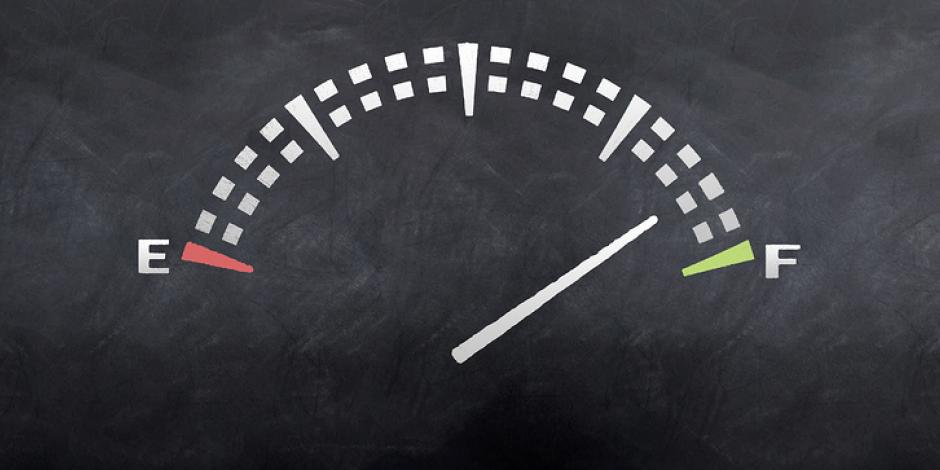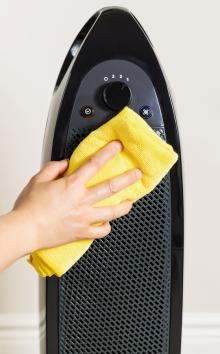
Got an old water heater? You may want to replace it now, or you may have to pay more to replace it later.
New government mandates will force water heater manufacturers to increase the Energy Factor (EF) of their water heaters by April 2015.
While this makes the water heaters more efficient (meaning lower energy bills) it also means higher upfront cost. It’s the equivalent of buying a more expensive car with higher MPG.
Which homeowners this affects the most
Families with large water heating needs will most likely pay more for a new water heater after the deadline.
Why?
Because the Department of Energy (DOE) is pushing water heater manufacturers to dramatically increase the EF of 55+ gallon tank water heaters.
For example, the minimum EF standard for gas-fired water heaters used to be 0.65 (65% efficient). Now, the EF for 55+ gallon gas-fired water heaters will be 0.8012 (80.12% efficient).
If you have a large electric water heater, you may also be affected.
Electric water heaters are already efficient. So they’ll need more insulation to increase efficiency further, increasing their size as a result.
If you have an electric water heater, consider switching to a gas water heater if gas is available. It’s true that gas water heaters are “less efficient” than electric water heaters. But they can save you more money since:
- Gas is 1/3 the cost of electricity
- Gas-fired water heaters heat your water faster and use less energy
Learn more in our article: Water Heater Energy Factor: Why Higher Does Not Mean Better in Oklahoma.
April 2015 isn’t the final “must replace” date
Good news: The April 16, 2015 deadline is just for manufacturers to start creating the more efficient water heaters. So the less efficient/less expensive water heaters will still be on the market until they run out.
Our suggestion: replace an old water heater now
So you don’t have to pay for a more expensive water heater, we suggest getting a new one if your current one is near the end of its lifespan.
These are the typical life spans of water heaters:
- Storage tank water heater: 10 years for gas and 15 years for electric water heaters
- Tankless water heater: 20+ years
Should you go tank (storage) or tankless (on-demand)?
If you’re replacing now, consider whether you should go from a tank to a tankless water heater. Tankless water heaters don’t store water, heat it only when you need it, and can save you money. However, they do cost more upfront.
Learn more in our article, Deciding Between A Traditional or Tankless Water Heater
More information
Learn more on the U.S Department of Energy website. Or contact us with your questions.
Pippin Brothers is the Lawton-area’s most trusted heating, air conditioning and plumbing company. We’ve been serving Oklahoma since 1978. Contact us for more information.








